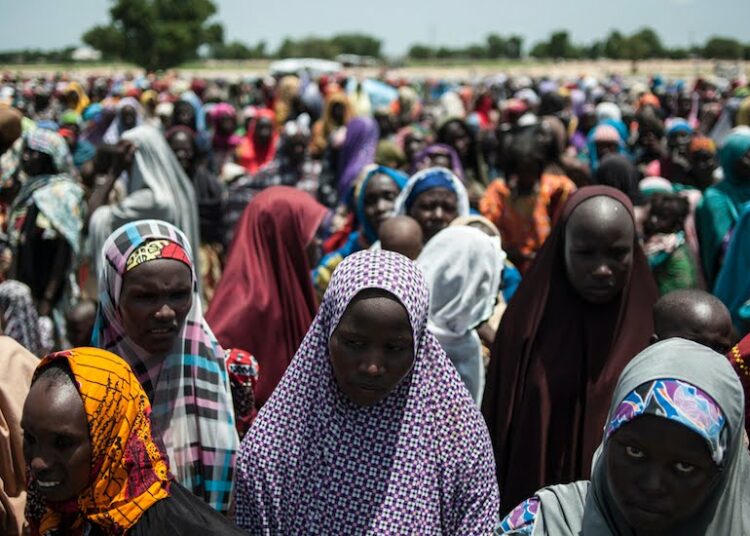A non-governmental organisation, Arise Foundation, has called for the establishment of a functional referral centre within the Internally Displaced Persons (IDPs) camps.
This, according to them will adhere to non-negotiable principles of confidentiality, survivor-centred approaches, and informed consent for victims of rape, assault, and trafficking.
Its Country Director, Chinomso Osuji, stated this during a training organised by Attah Sisters Helping Hand Foundation (ASHHF) in partnership with Arise Foundation in Makurdi.
She urged stakeholders to protect IDPs from trafficking and exploitation, adding that whenever exploitation occurs — be it trafficking or rape, a soul is damaged.
Speaking at the training titled “Strengthening Protection and Anti-Trafficking Response in IDP Communities,” Osuji charged participants to view the needs at the IDPs’ camps not as problems but as opportunities to transform lives, emphasising that while government efforts were crucial, all hands must be on deck to address these challenges.
“I want you to leverage the available opportunities to make an impact because the foundation does not believe in failed projects. Our goal is to impact and change lives.
“What we are doing is to ensure that survivors of trafficking and other forms of inhuman treatment are protected, so I want to charge you to actively bear the knowledge gained during the training on your responsibilities.”
The Executive Director, ASHHF, Comfort Attah, highlighted the workshop’s objectives, including the need for collaboration in tackling human trafficking.
“This forum provides a platform to network, share knowledge to support survivors, protect children from exploitation, and strengthen capacity for effective case management,” she explained.
According to her, the effectiveness of any referral system relies entirely on adherence to non-negotiable principles of confidentiality, survivor-centred approaches, and informed consent.
Earlier, the Programme Manager, Carista, Valentine Kwaghchimin, elaborated on the Standard Operating Procedures (SOPs) for addressing Gender-Based Violence (GBV).
According to him, acts such as rape, sexual assault, and forced marriage are recognised as serious forms of GBV and should not be taken for granted.
Kwaghchimin urged participants to promptly identify and report any cases of abuse to ensure timely intervention and support for survivors.





